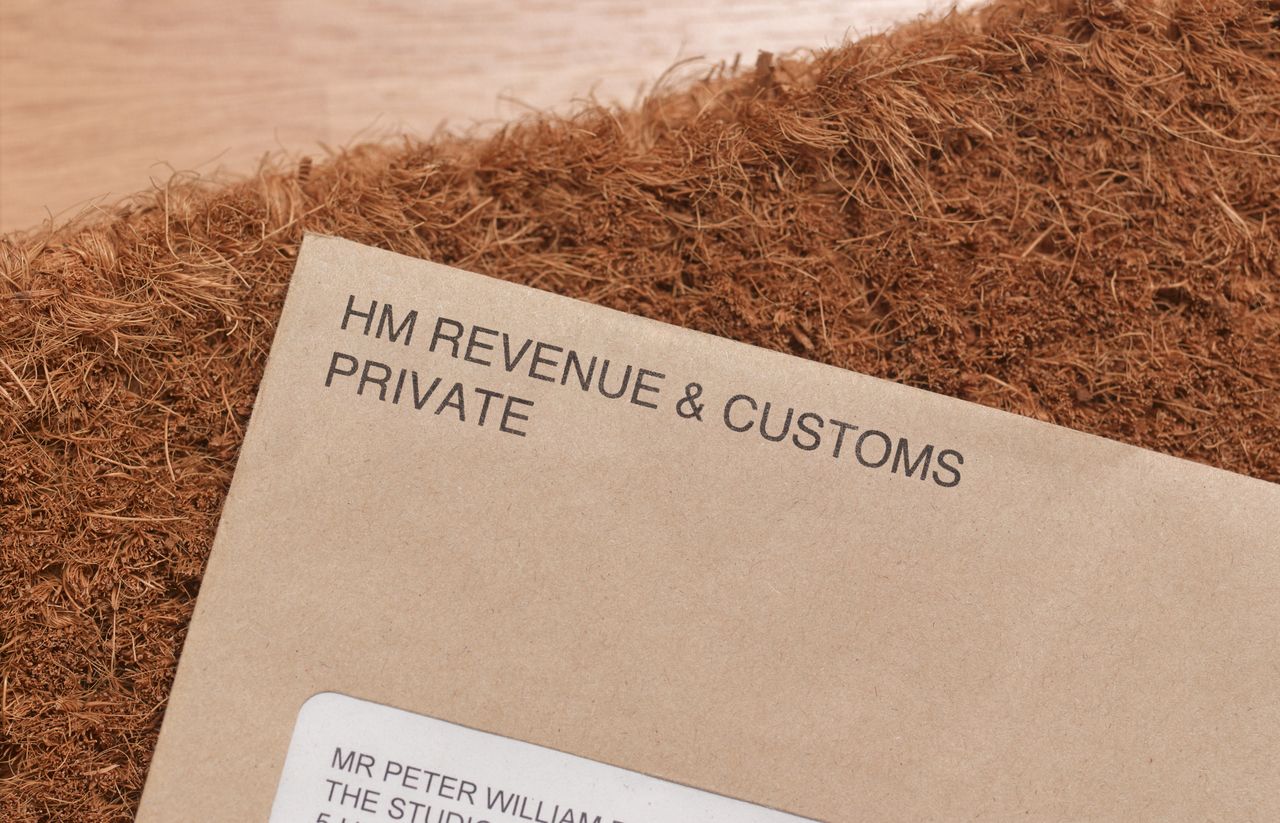HMRC has opened more than a thousand extra investigations into families where it believes people have not paid the right amount of inheritance tax, according to new figures.
The number of official probes into families’ financial affairs has jumped in the 2024/25 tax year to 3,961. This is up from just 2,807 in the previous year – a 41% increase.
HMRC can open an inheritance tax investigation into an estate if it finds or suspects irregularities in the reporting of its assets, through error or omission.
Subscribe to MoneyWeek
Subscribe to MoneyWeek today and get your first six magazine issues absolutely FREE
Get 6 issues free
Sign up to Money Morning
Don’t miss the latest investment and personal finances news, market analysis, plus money-saving tips with our free twice-daily newsletter
Don’t miss the latest investment and personal finances news, market analysis, plus money-saving tips with our free twice-daily newsletter
This can include where it thinks assets have been undervalued for inheritance tax purposes, or where a large gift has been made before the death to try to avoid inheritance tax.
Where inheritance tax is due on an estate – which can be up to 40% – it usually must be paid within six months of the death. However HMRC may check on estate valuations as much as 20 years after payment of the IHT.
Sean McCann, chartered financial planner at NFU Mutual, which obtained the data through a Freedom of Information request, said: “Where there is a suspicion inheritance tax has been underpaid, HMRC has substantial investigatory powers and will check a range of sources to build a picture of the deceased individual’s financial affairs.”
We look at common IHT myths and ways to reduce your inheritance bill in separate articles.
What happens if you underpay inheritance tax?
If HMRC thinks you have underpaid inheritance tax its investigations can include analysing bank statements to identify income which may suggest the existence of undisclosed assets such as investments or property or significant foreign currency transactions’.
“HMRC leaves no stone unturned in these investigations. For example, they will look at outgoings such as gifts made in the seven years before death, or premiums for life insurance policies which if not written in trust will form part of the taxable estate,” McCann said.
The interest rate executors pay on overdue inheritance tax stands at 8.25%, which can add a significant amount to the bill. This can compound what for many is already a challenging and distressing situation. Investigations can take months and occasionally years to complete.
Keeping good records makes it easier for families to provide the information needed for the inheritance tax return and manage any potential compliance check. This includes records of any gifts made, valuations obtained and details of any overseas assets or investments.
“If you’re taking advantage of the ‘gifts from normal expenditure’ exemption, recording your gifts, income and expenditure on the last page of the HMRC IHT403 form available on HMRC’s website allows you to record these during your lifetime Schedule IHT403,” said McCann.
“Getting it right first time reduces the chances of any potential penalties or interest payments.’’
HMRC said in the FOI: “The majority of people pay the correct amount of IHT. Investigations are opened into cases where compliance issues have been detected to ensure that everyone pays the right amount of tax.”
Will I have to pay inheritance tax?
Around 3,700 more deaths resulted in inheritance tax in the year 2022 to 2023, according to the latest figures from HMRC. This brings the total to 31,500 taxpaying IHT estates, an increase of 13% on the previous year.
Income to the government from inheritance tax for April to June 2025 was £2.22 billion, the latest HMRC figures show. This is an additional £134 million compared to the same period in 2024. It means inheritance tax revenues for this financial year so far are running 6% ahead of the same period last year, which was a record one.
With the £325,000 nil rate band and the £175,000 residence nil rate band frozen until 2030, experts expect more families will be caught in the inheritance tax net with ever increasing bills for those affected.
McCann said: ‘’With pensions added into the taxable estate from April 2027, we will see many families lose part or all the residence nil rate band that allows them to pass a share of their home tax free to ‘direct descendants’ as it is eroded by £1 for every £2 over £2m.”
‘’For many, it won’t just be inheritance tax on their pension funds they need to be concerned about – by breaching the £2m threshold they may lose or some or all of their tax-free residence nil rate band, pushing up their overall tax bill.”

